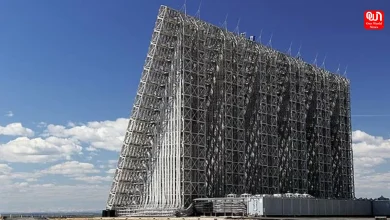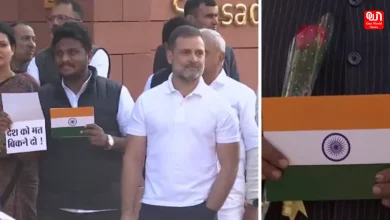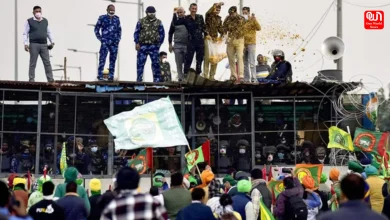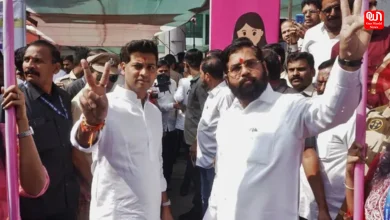SC decision to ban crackers on Diwali goes in fire! Pollution packed capital!
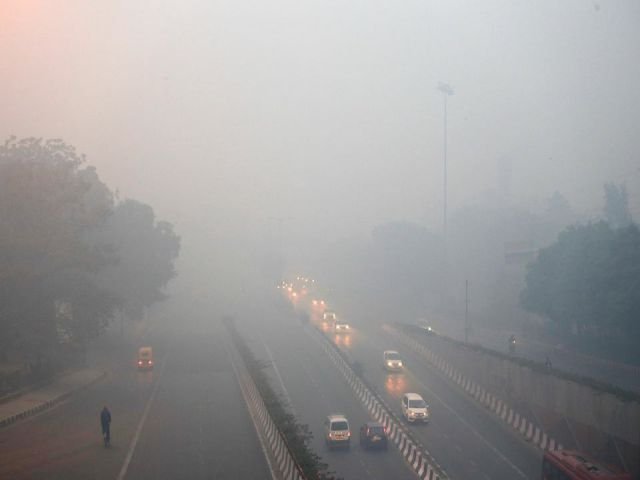
No relief from pollution! Crackers burst against SC order!
Finally, Hindus major festival Diwali is over and once again capital is witnessing pollution everywhere. This time Supreme Court had banned the crackers but it seems people didn’t get it in first time. Crackers were burst that worsened the air quality. The online indicators of the pollution monitoring stations in the city glowed red, indicating a ‘very poor’ air quality as the volume of ultra fine particulates PM2.5 and PM10, which enter the respiratory system and manage to reach the bloodstream, sharply rose from around 7 pm.

Related : Delhi suffers due to pollution, but Union tourism ministry still unaffected
Real time pollution data appeared alarming. Delhi people are inhaling toxic air that is not good for health. Delhi Pollution Control Committee’s (DPCC) RK Puram monitoring station recorded PM2.5 and PM10 at 878 and 1,179 micrograms per cubic metre at around 11 pm.
The pollutants had violated the corresponding 24-hour safe limits of 60 and 100 respectively by up to 10 times. While it is difficult to quantify the immediate effect of the ban on firecrackers, residents across the national capital felt the beginning was promising with neighbourhoods reporting much lesser noise and smoke till about 6 pm, compared to the previous years.
After 6 Pm people started burning crackers which mean that Delhi people do not get things in first go.
What SAFAR says?
According to the SAFAR (System of Air Quality and Weather Forecasting And Research), the 24-hour rolling average of PM2.5 and PM10 were 154 and 256 micrograms per cubic metre respectively at around 11 pm. It has forecast that the pollution levels will peak between 11 pm and 3 am.
The situation was similar, if not worse, in the neighbouring regions of Delhi such as Gurugram, Noida and Ghaziabad, where crackers were burst as usual, and raising question marks on the efficacy of the administration in enforcing the decisions.
A ‘very poor’ air quality index (AQI) essentially means that people may suffer from respiratory illnesses on a prolonged exposure to such air. If the air quality dips further, the AQI will turn ‘severe’, which may trouble even those with sound health conditions and seriously affect those with ailments.
Be careful guys!
Have a news story, an interesting write-up or simply a suggestion? Write to us at info@oneworldnews.in



